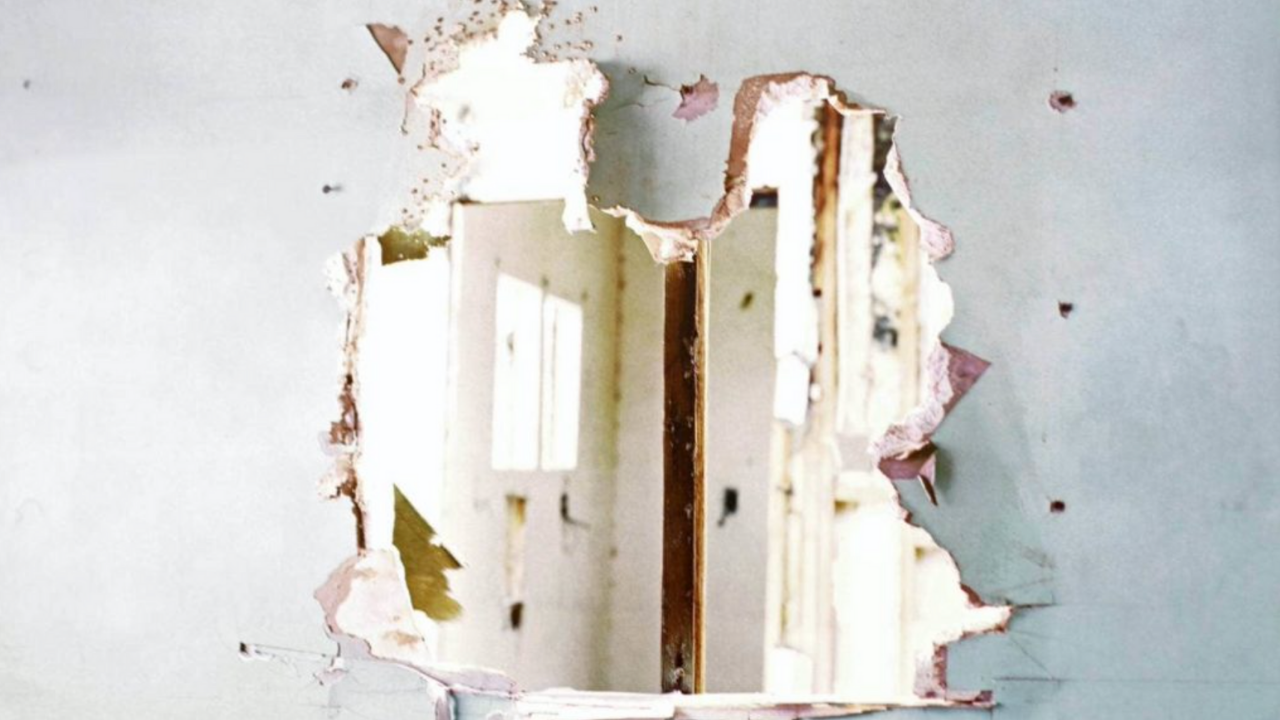How to ensure your renovations give good bang for buck when it's time to sell up

This article was originally prepared by Wellington based reporter Gill South, and printed in Stuff. You can find it here.
With a lot of homeowners feeling wealthier as their properties have gained value in the past year, it’s tempting to do that renovation you’ve been dreaming about.
And, if you do it right, you should be adding value and making your home attractive to the next person to come along when you decide to move on.
However, it’s important to tread carefully when putting the costs together – renovations are notorious for blowing out, so make sure you do your due diligence first.
Which renovation is going to add the most value?
It’s a good idea to find out what the latest trends are.
“Adding more usable living space to a home is typically a key desire, so it’s no surprise that single-storey extensions are [also] hugely popular,” Refresh Renovations co-founder Chris Caiger says.
Renovating to allow for open-plan living generally gives the most bang for your buck, says Auckland project manager Jen Jones, director of Nine Yards Consulting.
“This usually requires removing a load-bearing wall, which triggers a building consent, but it can really transform a dark, disconnected space into a light, bright open-plan area, which is a much more practical space.”
Know your market
If you’re renovating in the run-up to a sale, make sure that anything you do is done in neutrals, advises Jared Cooksley, Ray White Mt Eden director. This is not the time to create your dream kitchen in dark red and black.
“You may love it, but buyers may not, and, in fact, it may put them off, so that new kitchen could actually end up detracting from the value of the house,” warns Cooksley.
If you’re in an expensive suburb, a renovated home will be expected to have top quality fixtures and fittings, if you want to make the top price bracket. New high-end kitchens in homes in pricey Auckland suburbs like Mt Eden and Sandringham typically cost between $50,00 and $100,000, and luxury bathrooms as much as $50,000, says Ray White Mt Eden agent Rick Mozessohn.
But if you live somewhere with more modest pricing, the numbers on all those high-end additions like underfloor heating and tech bells and whistles might not add up.
Create more space
A renovation adding good value at the moment is creating a separate workspace or accommodation.
Over the past year, since Covid first arrived, people have been looking at how they can convert garages, lofts, basements and other areas into more useful spaces, such as another bedroom, office area or multi-purpose space so the kids can use it as a second living room or playroom, says Caiger.
Adding a nice studio – done with compliance – and possibly a kitchenette – somewhere you can put the in-laws, or where parents can work from home – can add significantly to a home’s value, says Cooksley.
Smaller jobs that give bang for your buck
On a smaller scale, Tommy’s Real Estate agent Sam Newble says painting, landscaping and improving the “walk from the letterbox to the front door” are really important improvements you can make.
“Extreme cost in renovating doesn’t come from the materials, but from the customisation,” says Mozessohn, a seasoned renovator, who is changing the shape of his current kitchen so he can buy standard kitchen cabinets. He is moving walls to do this at little cost.
How to avoid overspending
Refresh Renovations research has found that people’s biggest renovation fears are around encountering unexpected costs.
The planning stage is crucial, says Caiger ,who points to Branz research which shows that skimping on planning could mean a $100,000 project costs $130,000. You should spend 10 per cent on planning prior to the project start, he says.
“People often skimp on the project plan, then they have no tools to manage the project,” says Caiger, who says a good project manager is vital.
Jen Jones seconds that. “Plan, plan, plan. You can only put figures to the scope you know, so getting a building report before or after buying, you can be really clear on what needs to be done first.
“Repiling, a new roof, rewiring, insulation, these are all going to eat into a large chunk of your budget, but need to be addressed before anything aesthetic,” she warns.
Blowouts only happen because homeowners don’t fully understand the scope of the project, adds Jones. If you know at the outset it’s going to cost $100,000 more than your current budget, then you can make the decision: are you going to reduce the scope, or increase your budget?
Talk to your mortgage adviser first
Part of the planning process will involve talking to your mortgage adviser about how you’re going to finance this renovation.
“Talk to us at the outset and get pre-approval,” says Sarah Bloxham, director of Let’s Talk! Mortgages and Insurance. A good adviser will ask some probing questions about the planning you’ve done, she says.
Banks tend to like fixed price estimates from builders bidding on the project and they want to see who is running the project, says Bloxham. The more equity you have in the home, the more relaxed they’ll be, she adds.
A valuer can help with how much a renovation can improve a home’s value, Bloxham says.



